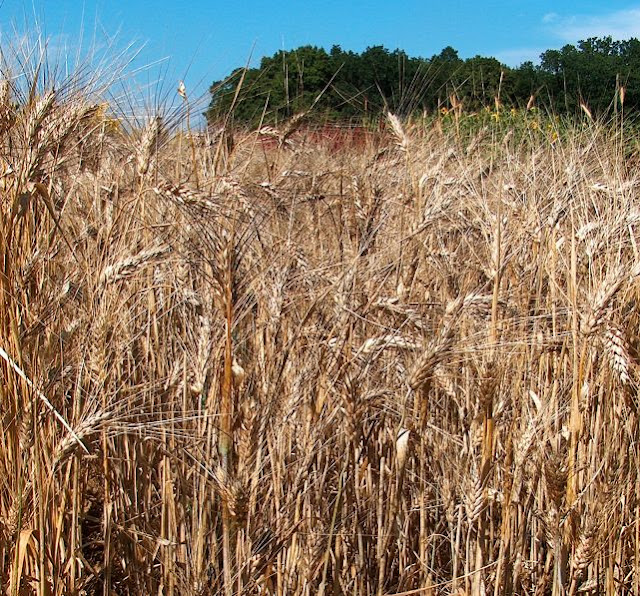by Larry Powell A field of durum wheat. (Wikimedia Commons) The Canadian Food Inspection Agency (CFIA) has detected the weedkiller glyphosate in almost thirty percent (29.7%) of food products it tested over the past two years. The foods were; fresh and processed fruits and vegetables, grains, beverages, beans, peas, lentils, soy beans and children’s food. While small amounts were found in all of the food groups tested, the CFIA concludes, levels were only high enough to be of concern to human health in 1.3 percent, overall. The grain tested (wheat and barley), had more Glyphosate above the acceptable standard (3.9%) than any other food group. Less than one percent (.2% - .6%) of bean, pea, lentil and juice samples tested above the acceptable limit. While traces of the herbicide were found in all food groups tested, none of the fruits, vegetables, soy products or infant food were found to exceed the acceptable limit. The agency says, where levels were unacce














